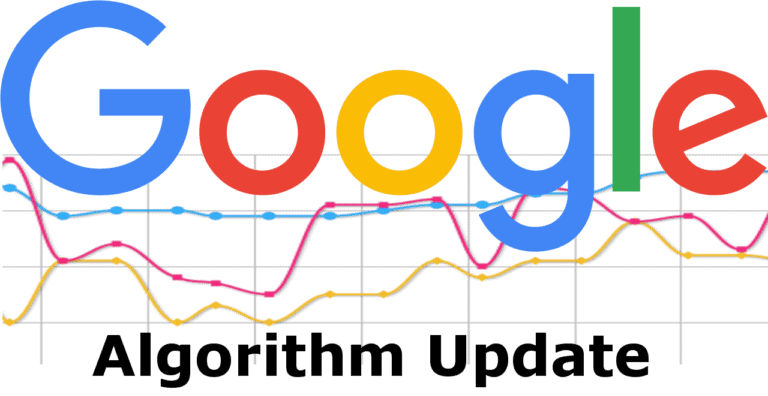What are Core Updates?
Google makes significant changes to search algorithms and systems multiple times a year.
These changes are called core updates and are listed in Google Search ranking updates.
Core updates aim to provide helpful and reliable search results.
How Core Updates Work:
Core updates don’t target specific pages or sites.
They focus on improving how Google assesses content overall.
Some pages that were under-rewarded may perform better after a core update.
Imagine making a list of top 100 movies in 2023.
Years later, you refresh the list in 2027.
New and deserving movies may be added, and some old ones might move down.
It’s about recognizing more deserving content, not punishing the existing one.
Assessing Your Content:
Pages affected by core updates don’t necessarily have issues to fix.
Focus on offering the best content.
Check Google’s guidelines for creating helpful, reliable, people-first content.
Ask yourself questions about your content quality.
Auditing Drops:
Analyze which pages were most impacted and for what searches.
Evaluate how these pages perform based on self-assessment questions.
Consider that other pages may provide better help to searchers.
Recovery Time:
Broad core updates occur every few months.
Recovery may not happen until the next broad core update.
Smaller core updates happen more frequently but may not be widely noticeable.
Improvements by site owners don’t guarantee recovery; rankings depend on content quality.
Remember:
Rankings are not static or guaranteed; they depend on content quality.
Google aims to reward the most deserving content in search results.

Google Search's Content System - How it affects Your Website
How the System Works:
- The helpful content system aims to promote original and valuable content in search results.
- Content that satisfies visitors’ expectations performs better.
- The system generates a signal for Google’s ranking systems.
- It identifies content with little or low-added value and content not helpful to users.
- Sites with a lot of unhelpful content may see lower performance in search results.
- Removing unhelpful content can improve the rankings of other content.
- The process is automated, using machine learning and applies globally across languages.
- It’s not a manual or spam action but one of many signals Google uses to rank content.
- People-first content on sites with unhelpful content can still rank well if other signals deem it helpful.
What it Means for Your Site:
- To create successful content with the helpful content system, focus on people-first, reliable content.
- Ask yourself questions about your content quality.
- Improvement may take months; the system continuously monitors sites.
- As unhelpful content disappears over the long term, the classification will no longer apply.
- Periodically, Google refines how the system detects unhelpful content.
- Updates are shared as “helpful content updates” in Google Search ranking updates.
- After an update, if content improves, the previous unhelpful classification may no longer apply.
